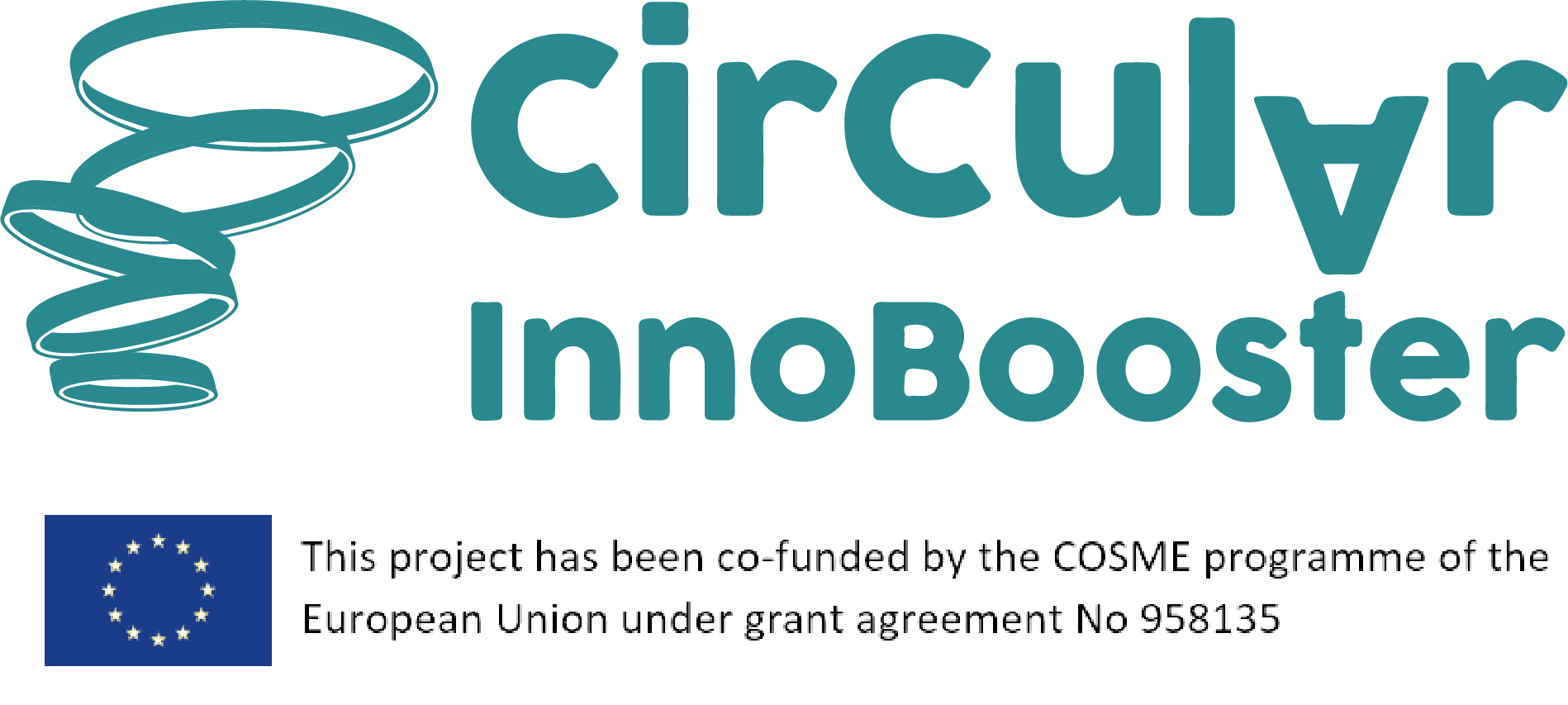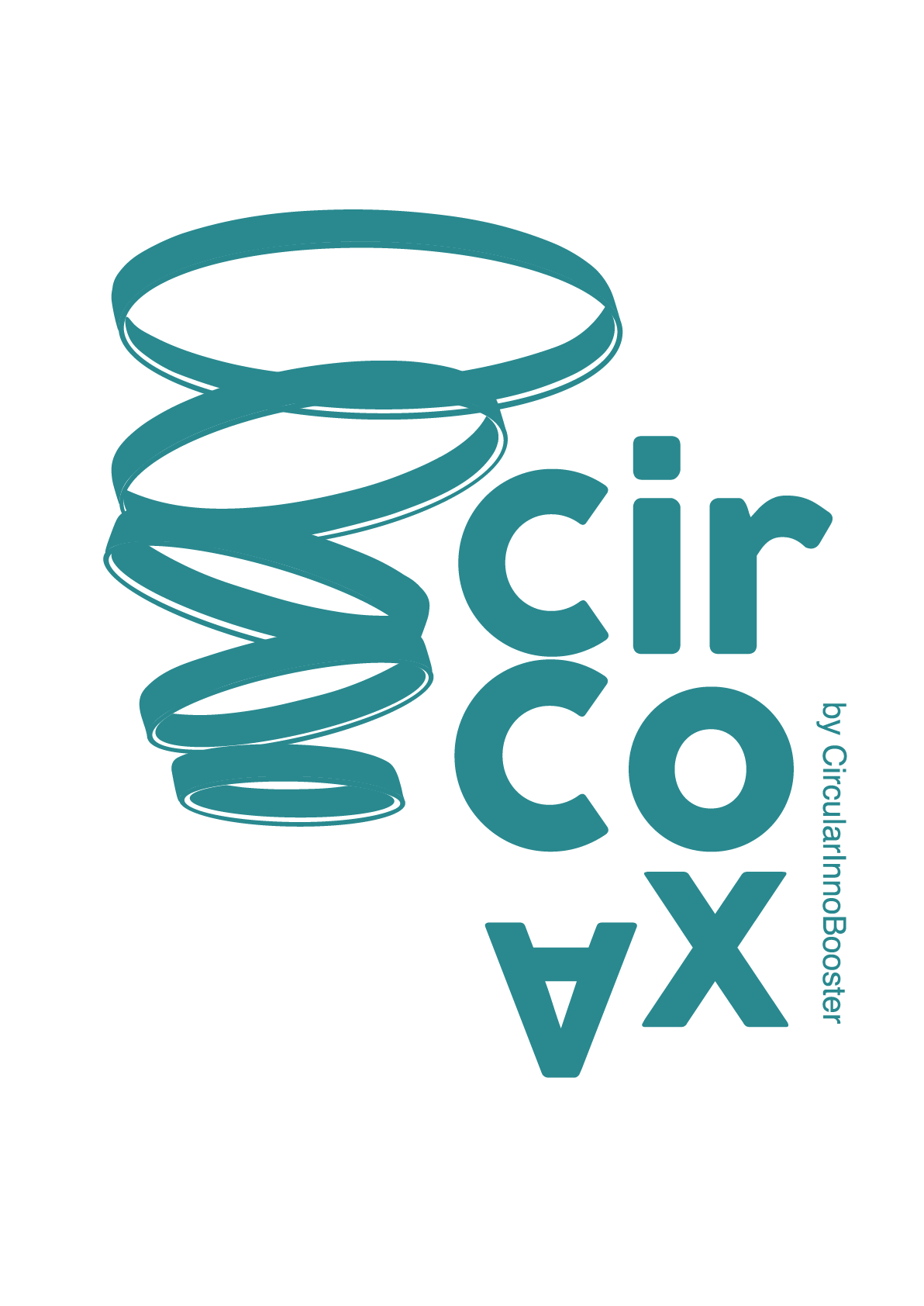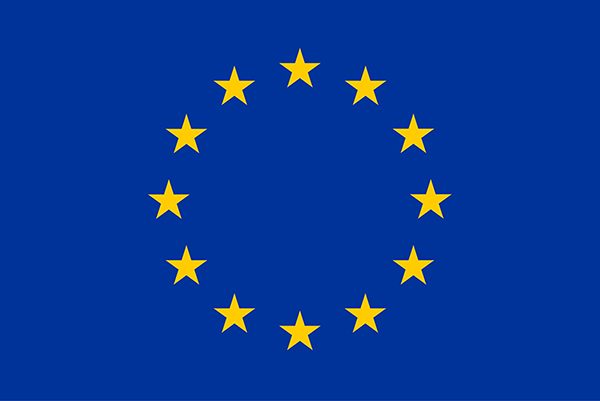#INFO
Designers and Makers
GB/VX

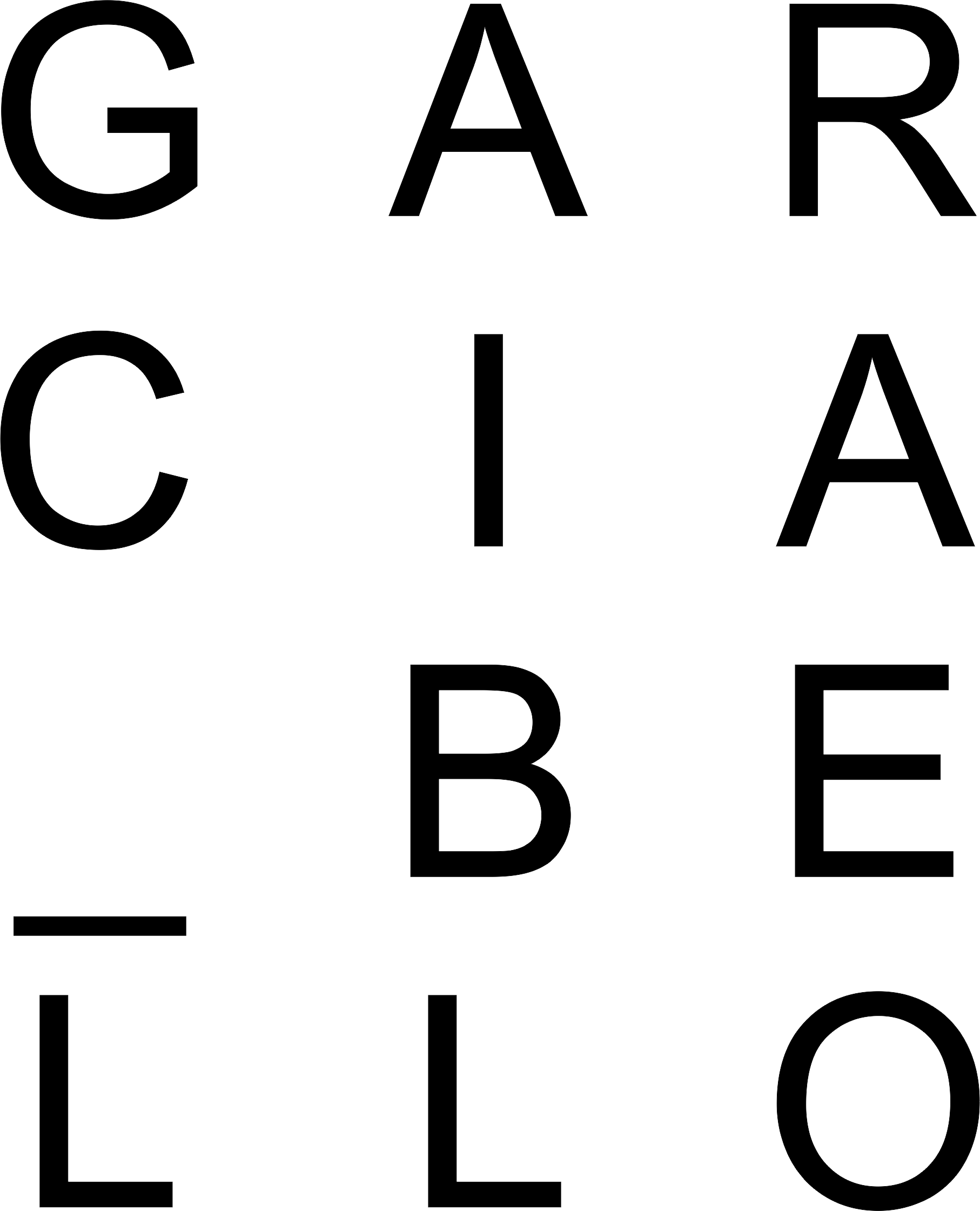
GB/VX is a research and production project based on circular economy and knowledge transfer. It aims to develop a series of reproductible garments, using upcycling patterns designed to reconstruct and reuse garments that are no longer in use.
Since 2017, GARCIA_BELLO (Arnhem, The Netherlands), has been working on developing different production methods and systems based on upcycling. The garments are handmade, reusing dead stock from the textile industry and clothing donations by locals. Giving value to what already exists and is not in use. These developments will be shared with the brand Villamax (Valencia, Spain). Gonzalo Villa’s brand works in sow fashion. Handmade garments with local production. These shared values are the driving force behind this collaboration, which seeks to generate an alternative to the current system of the fashion industry. Spreading and sharing of this knowledge enhance the development of the upcycling system.
www.garciabello.nl www.gonzalovillamax.com
Smart Equestrian Boots – Nano Textile Solutions

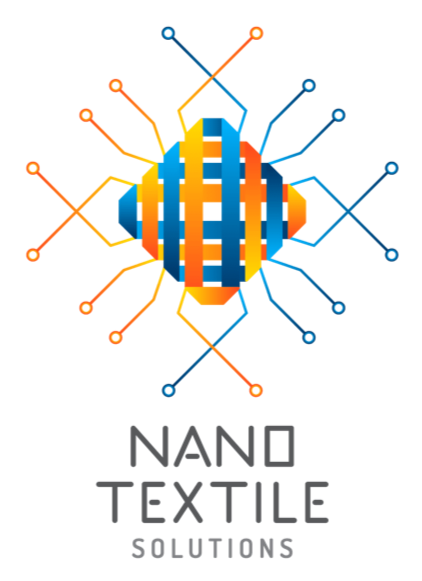
Nano Textile Solutions develops smart components as wearable devices to activate a dynamic adaptative fit technology. The components are flexible in shape design and are easily integrated into products with traditional production methods. The project aims at the development of Smart Equestrian Boots together with Javier Morato, traditionally producing equestrian boots in Spanish municipality Valverde Del Camino. Equestrian riders require the perfect fit of the boots to maximize performance. Thus, every shoe size is produced in many different variations both on the shaft length and width and causes overproduction in a linear value chain.
The technology provides perfect size-fit on demand and could be resized multiple times, thus one product can fit many different end-users. This way we enable circular business models and a higher utility rate with a prolonged product life cycle. A successful result will open for new applications to leverage more of this technology within the footwear and fashion segment.
DeleiteWear
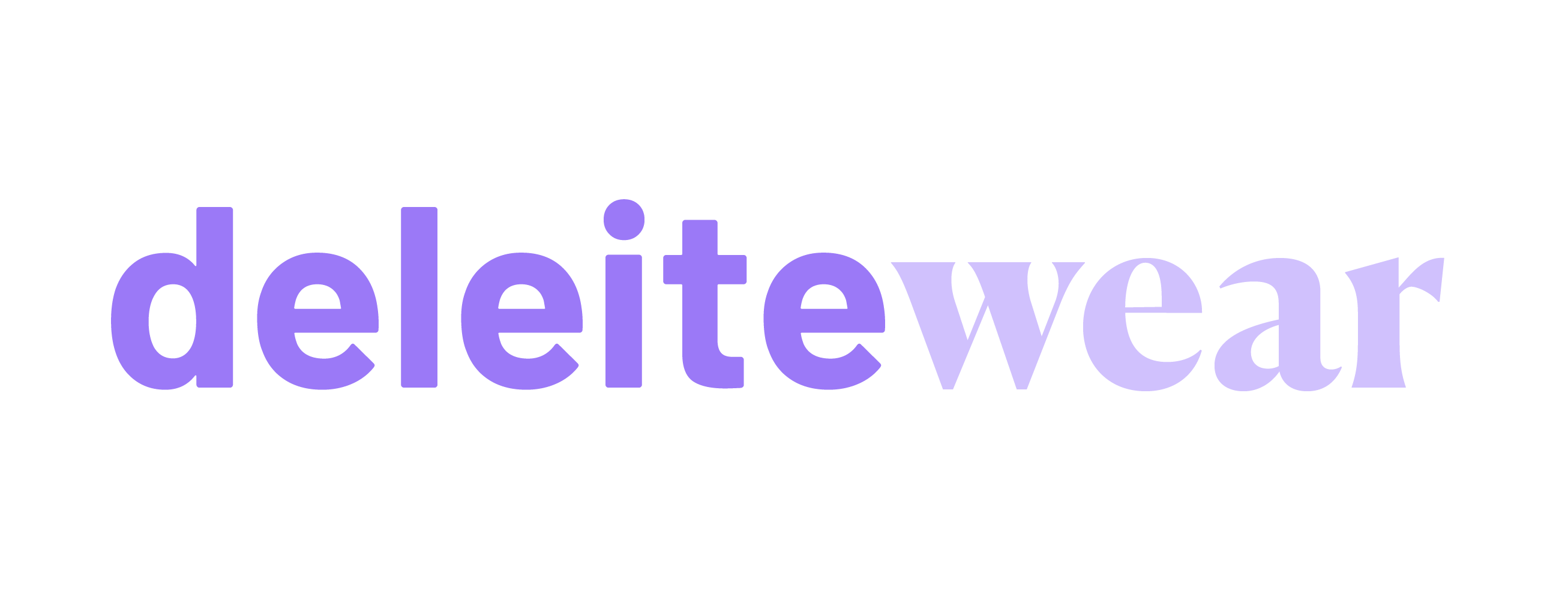

DeleiteWear radically changes the conception of textile waste, proving that a circular textile economy is possible with a simple solution. Their proposal consists of developing a new clothing production process where existing textiles are reworked and transformed into new products of a higher value without intervening at the fibre level. Thus, saving huge amounts of our limited natural resources and eliminating problematic waste. Comparing this technology with traditional production, one DeleiteWear shirt saves the water adults drink in six or seven years. Moreover, since the premium rescued textiles are obtained at zero cost, they can invest more of the budget in production, supporting local manufacturing and social inclusion.
Project Cece, an ethical fashion e-commerce and marketing agency established in Holand, Germany, and the UK, now operating worldwide, is their key partner for the project’s success.
www.deleitewear.com www.projectcece.com
FROM TRASH TO LIFE
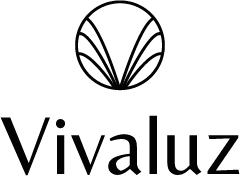

Worldwide, 80% of garments end up in landfills or incinerators. At the same time, virgin war materials are extracted to manufacture several types of products. The idea of the «From Trash to Life» Project is to respond to these two issues and transform textiles waste via an open recycling loop locally with two clear business visions:
• One line is oriented to manufacture consumer goods. These products are B2C oriented, sold in independent stores or sustainable goodies.
• The second line is to create a collection of equipment, furniture for stories (B2B) to offer brands the possibility to use fashion waste to equip their stores and enter the circular economy.
Vivaluz (France) transforms clothes into the material and MIH (Material Innovation Hub, Spain) works on the design of the products made from these two materials.
www.vivaluz.fr www.mih-europe.com
INFINITE ATHLETIC


INFINITE ATHLETIC
Infinite Athletic is the first circular apparel brand for the world of sport. For the first time in history, they recycle waste from specific sports, turning it back into 100% recycled and 100% recyclable garments for these same sports, infinitely.
Thus, they change the linear model from the textile industry into a sustainable double circular process, taking advantage of all the plastics already in use. No more new plastics is necessary to create new infinite garments. Also, by using their technologies, they reduce water consumption by more than 65% and energy consumption and CO2 emissions by more than 50%.
Zue, their partner, is the texturizing company that helps achieve the necessary expertise level to create the ultimate upper shoes their circular sneakers need.
www.infiniteathletic.com www.zue-garne.de/en/technology.html
BEAGGIE SUSTAINABLE CHILDREN NIGHTWARE

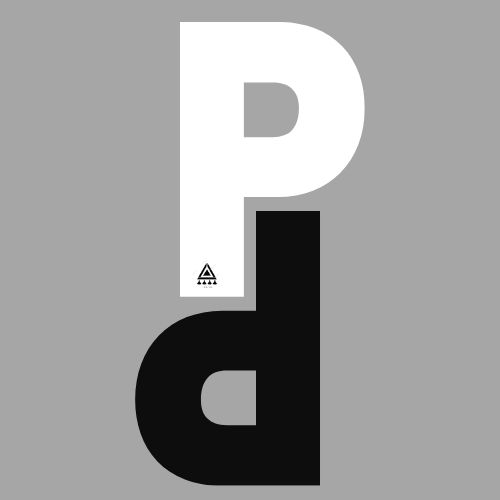

Beaggie will be a sustainable slow fashion gender-neutral brand focusing on creating pyjamas for kids that can adapt to its growth, making a product that lasts for years. Their moto is “Less consumption, less production, less impact on the environment”.
Their production will be small and adapted to market needs, preventing unnecessary stock waste using recycled fabrics and processes that help save water. Values are also an important part of the project. They will use their print design to create social awareness and teach kids form a young age about new era values such as environmental respect, gender equality and diversity.
In the future, Beaggie is willing to create and educational platform that can have resources for parents and educators to teach these values to kids.
RESHAPE NOW
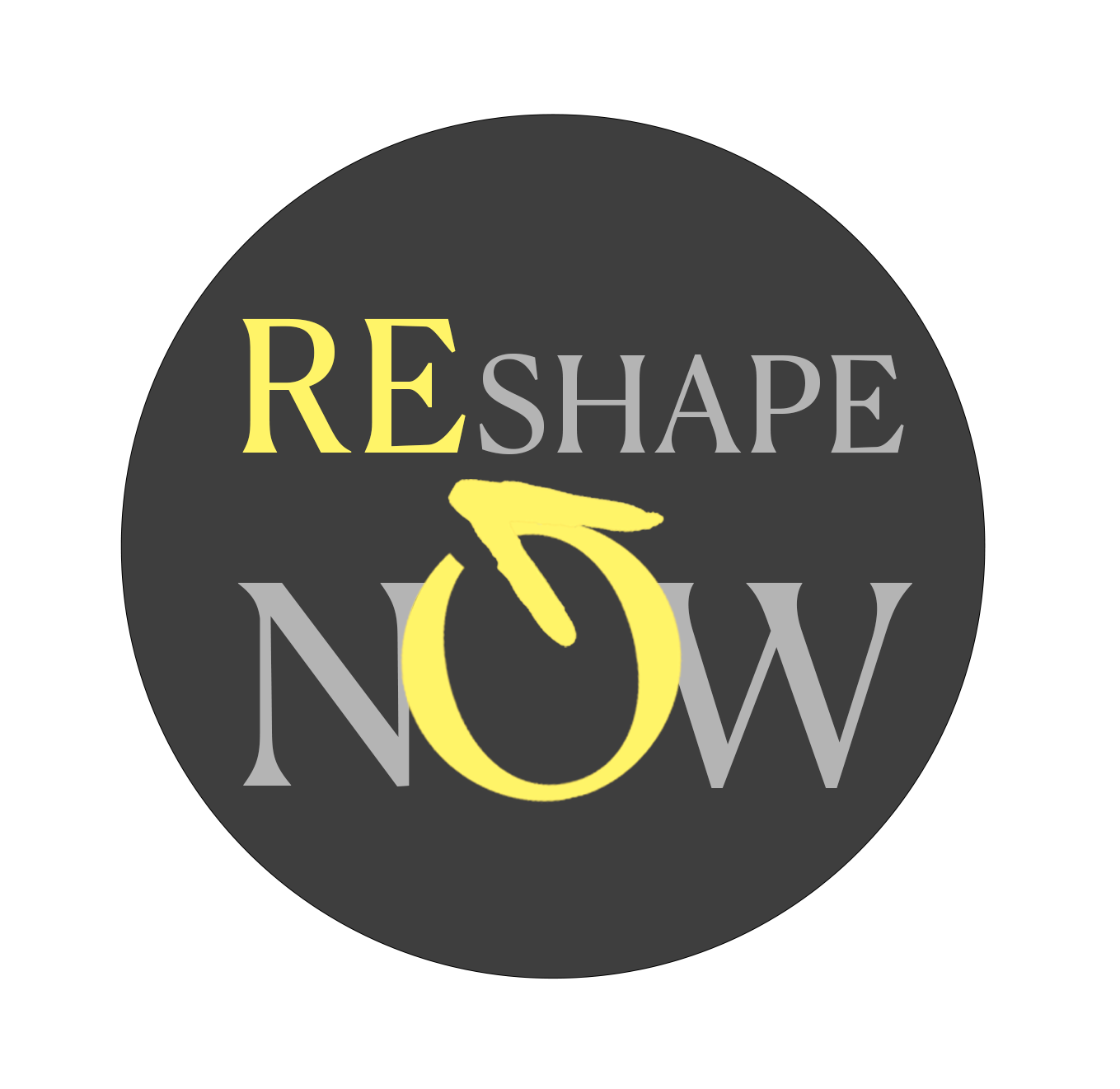
ReshapeNow is a Design Studio dedicated to businesses craving for offering second life to their textile waste in a creative, collaborative, and circular way. It is also a brand of upcycled accessories handmade by women in prison to when they offer specific support to learn how to sew. It is a real game-changer in their lives as they become professionals and financially autonomous. “Do more with less and beauty” is their daily mantra.
Pauline was born into a family in love with fabrics. Her grandfather, like his father before him, was a fabric maker near Lyon (France), until the relocations of factories abroad forced them to close. Her grandmother was a pioneer in the reuse of leftovers fabrics from her family factory and still inspires Pauline every day. She is based in Barcelona. Her partner, Elsa, is a Parisian designer and has already a track record of experience in the Luxury industry. Her profile, combined with Pauline’s which is oriented towards entrepreneurship skills are complementary and go well along to bring a positive impact into the project.
BALOOP

The Baloop project develops and creates new materials from textile waste and used clothing that can not be reused from the textile-fashion sector, the textile-medical sector, and single-use textiles. The result is a product made 100% from textile waste.
They offer a wide range of applications. The customers make the product proposal they need, and Baloop develops the material for that specific application.
The materials developed at Baloop are especially notable for being made of 100% recycled textiles, which do not require the use of new fibres or additives for their consolidation. On the other hand, once its life cycle is over, the product can be recycled and converted back into other materials, allowing several life cycles.
JÚLIA G ESCRIBÀ

Júlia G Escribà is a clothing brand from Barcelona that incorporates a thermoregulatory technology developed for the NASA, under the patent Outlast®.
We are one of the first brands to explore the application of this patent in urban fashion. This technology adapts to the temperature that our body needs, allowing a change in the current context of fashion. The project was created to respond to the climate emergency and help raise awareness in the fashion industry.
The identity of Júlia G Escriba is defined by 3 main values: sustainability, design and technology.
www.juliagescriba.com www.outlast.com
HEMPER

Hemper is a Project that goes beyond sustainability. They are building an innovative ecosystem around regeneratively farmed fibres and equitable partnership with artisan communities.
Hemp, the most regenerative plant on earth, is the primary source for most of their textiles. Their products are all handmade, using traditional techniques and processes that were on the brink of disappearing. Furthermore, they are also one of the only few brands to use their natural dyes developed from plants, roots, and minerals, which help to reduce tons of toxic waste and achieve their beautiful colours.
The main focus of their regenerative model is to build a company that can create wealth and have a positive social and environmental impact. They see this as an ongoing process that starts with the first thread and goes all the way down to the packaging.
PYRATEX® musa
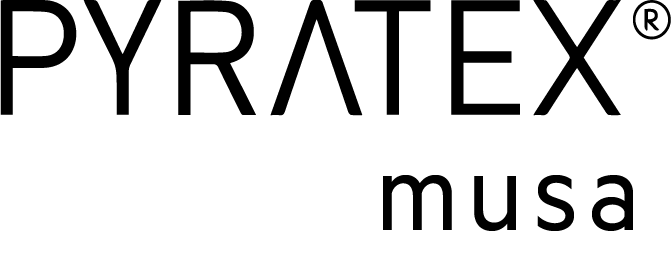
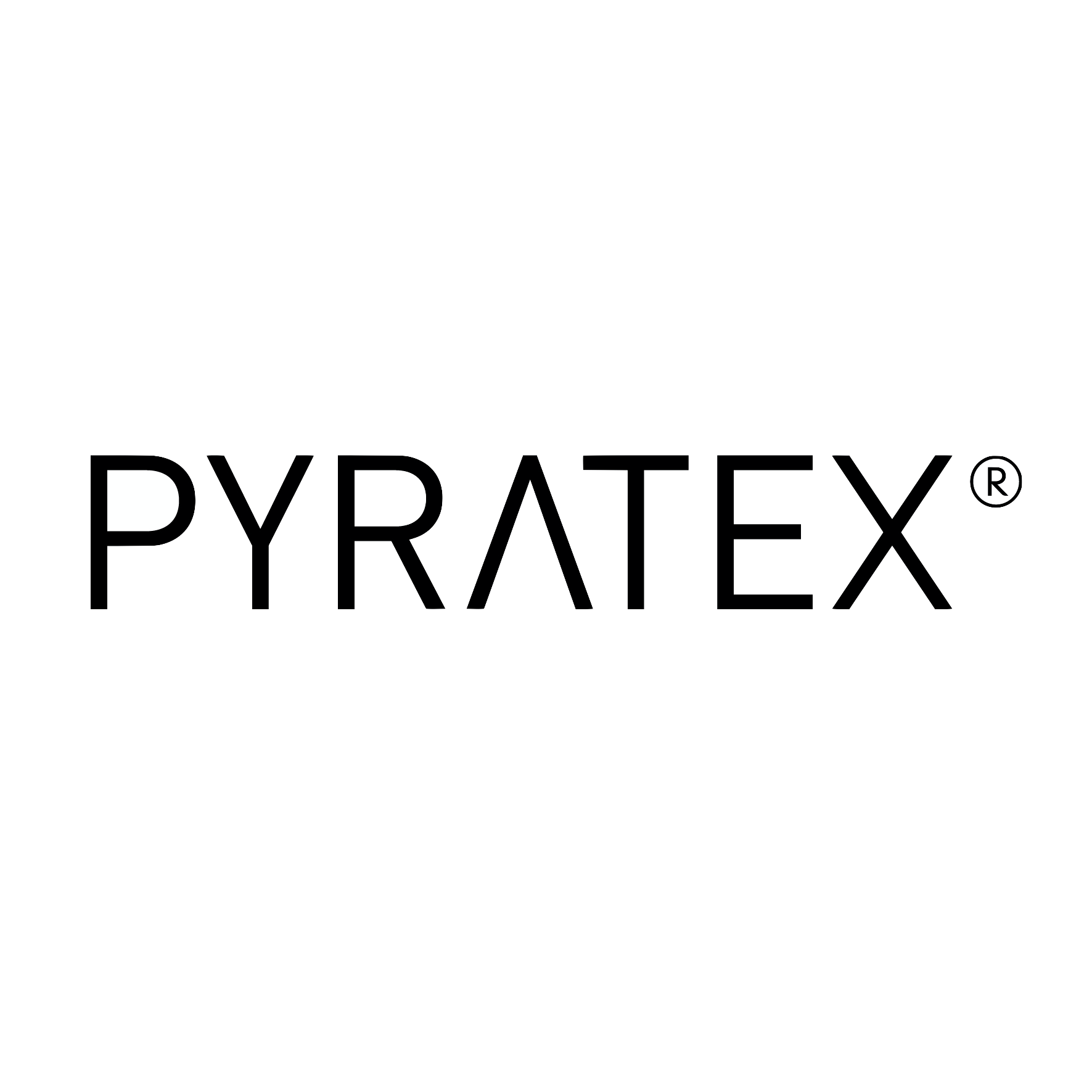
PYRATEX® is committed to improving the environmental impact of the fashion and textile industry. As a company specialized in sustainable fabrics, they believe fibres obtained from Regenerative Agriculture, such as fibres from the abaca tree, are the future of fashion. However, the challenge they encountered is that abaca is an extremely harsh fibre, very difficult to transform into a piece of fabric for the fashion industry and currently only used blended with synthetics. Another challenge they encounter is scarcity in the supply chain, resulting in high pricing.
Through CirCoAX accelerator programme, PYRATEX® musa seeks to invest in Research & Development and turn the rough abaca fibre into high-quality fabrics.
Endless Garments x Sepiia
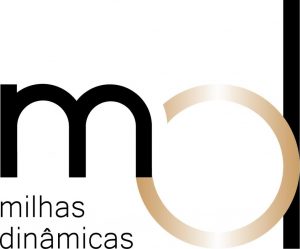
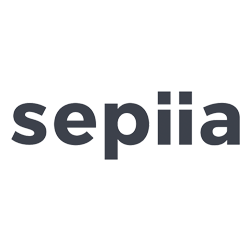
Fashion represents the second industry that emits the most CO2 into the atmosphere. Sepiia believes a change is possible. Since 2016, they have been researching how to make more sustainable garments, generate fewer emissions, use less water and resources and make a positive impact on the planet. They design their products thinking about how they will be used, and what will become when their useful life ends. By doing this, they want to make a difference to be proud of, and that is why they choose circular materials that can provide us with the highest quality and be always recyclable.
Up to date, they have achieved their garments to be almost fully recyclable. This year they managed to recycle the fabric, but not yet other elements, such as interlinings, buttons and other accessories of the garment apart from the fabric. To summarize, they seek to go from a recycling economy to a circular economy in al the elements of their garments, not only in the fabric.
www.sepiia.com www.milhasdinamicas.pt
NEWEX



Newex, as a benchmark brand in the world of sustainable canyoning in Spain, newly created, specialized, innovative and circular, wants to launch a recycling and reuse program in Spain for wetsuits of any nature; petroleum, limestone, natural rubber, and any sport such as canyoning (mainly) surfing, diving, etc.
For this we have TerraClyce (Waste Management Company) an innovative recycling company that has become a world leader in recycling difficult-to-recycle waste. Its objective is to launch free recycling programs for the user financed by environmentally conscious companies.
www.newex.eco www.gradozero.eu www.pangaiagradozero.com
INDUSTRIAL & MANUFACTURERS
SCAHT

The SDE team is already developing eco-conceived products, especially in the kitchen range with aprons, gloves, potholders, and kitchen towels in recycled fibres. Within the CirCoAX accelerator programme, they seek to go further in developing a green production within their deco brands. The home linen market is demanding alternative products to make their deco brands. The home linen market is demanding alternative products to make their consummation more responsible. They are looking for the perfect process to re-use old cotton throws by transforming them into recycled fibres. SDE is known as a B2B retailer and project to collect home linen directly from the B2C consumers, closing the loop between them.
They already count on some expertise in developing a kitchen range in recycled fibres. Thanks to CirCoAX, they aspire to acquire the knowledge and tools to propose different solutions to recycle old deco fabrics. Firstly, producing more recycled fibres. Then, finding a way to collect all the old products that could be re-sell on their website in the “second-hand” category. Eventually, building collaboration with a partner that could recycle old throws, always aligned with EU regulations.
LeatherCircle



LeatherCircle aims to develop a strategy for the management of waste in a closed-loop and technology for processing of wastes of various origins generated in the leather, textile, and footwear sector. It is expected that the circular processing of waste will contribute to the reduction of the amount of leather and textile waste deposited in landfills, which will have a positive impact on the natural environment. For the entrepreneurs, it is also a solution to the problem of storing troublesome leather and textile waste through their processing in the place of production.
For the development of this project, Peter Zack collaborates with Tomas Bata University in Zlin, Czech Republic. The University is strongly involved in activities related to increasing the efficiency of logistics; also with Kovta/Poland: and SME, whose fields of activity include production and retail of shoes made of various materials; and SBL-IPS/Poland: the Institute of Leather Industry. For years, IPS has been developing new technologies addressed foremost to the leather industry.
www.peter-zack.com www.ips.lodz.pl www.utb.cz
SESI
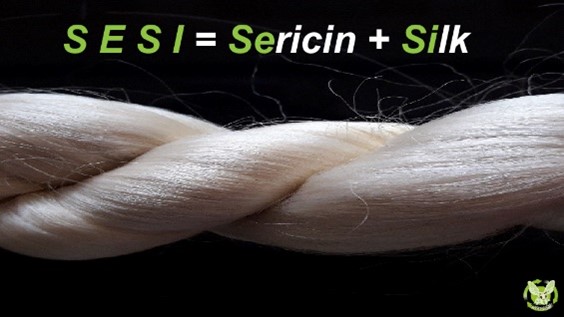
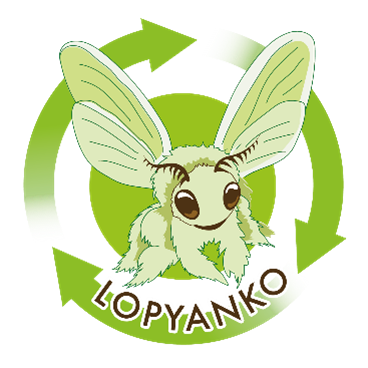
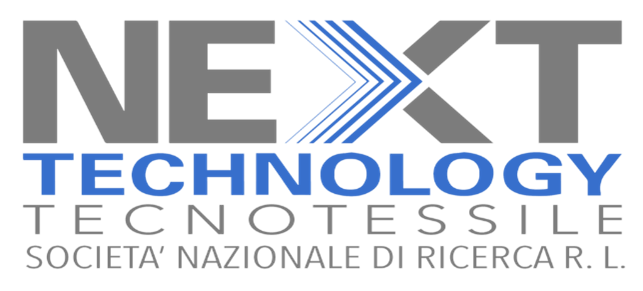
AGRI-GAYA project’s main goal is to revive the silk industry in the Balkan Region, producing organic silk fibres by applying a circular economy business model. This revolutionary transformation will contribute to the Textile Industry with low-emissions silk fibres, minimising the environmental footprint and giving additional innovative product – “SESI”. This new, organic material is the latest generation of fibres produced with the recycled waste stream with high-performance properties, valuable in industries like medical textile, aerospace, new fashion, cosmetics, etc.
Bio Stopanstvo Lopyanko Ltd. (Bulgaria) is the project’s leader SME. Initially involved in the agri-food sector, it is now working on the organic silk production for the textile industry. They partner with Next Technology Tecnotessile Società Nazionale di Ricerca (Italy), a private research organisation enrolled among the laboratories recognised by the Italian Ministry of Education, University and Research (MIUR), operating for the improvement of technological innovation and the competitiveness of companies.
www.lopyanko.eu www.tecnotex.it
PIGMENTALIA
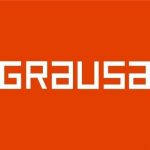
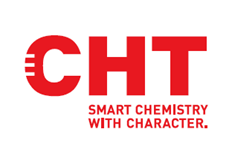
Pigmentalia’s Project seeks to overcome some of the challenges the textile industry faces while ensuring all resources used are circular:
• Challenge 1: Wet processes (i.e. dyes) traditionally require lots of resources (water, energy & chemicals)
• Challenge 2: Regenerated fabrics represent still a small % within the whole fabrics treated nowadays
• Challenge 3: The use of recycled or natural dyes anecdotal
The main objective of Pigmentalia, thus, is to define a sustainable/efficient dyeing process for regenerated fabrics. This way, they save resources, enhance circularity, and help close the loop of the textile industry. The idea consists of dyeing different regenerated fabrics (from recycled plastics and post-consumer textiles) with recycled or eco dyes in a continuous method that requires less water and energy. The project is led by Grau, S.A., a textile dyeing and finishing company with more than 150 years of experience and CHT, an international chemical company.
RIBATI

Amapex has developed RIBATI, an innovative system with an integrated industrial wastewater treatment service for the textile industry. It is based on three key elements: Active Product (composed by selected bacterial strain and 12 trace elements that activate them); the Smart Doser Unit (SDU), a device that multiplies bacteria efficiency; and their business model “Pay per Flow”, where revenues from a % on client’s savings invoiced by m3 treated.
As a partner, they work with Kiposide, a technical consultancy with experience in creating and manufacturing intelligent devices for industrial application and supported in the development of the SDU.
RIBATI has been tested in over 30 cases, with extremely positive results, making it much more competitive compared with current solutions. It eliminates 80-95% of the most hazardous contaminants, allowing water reuse. It leads up to 59% economic savings per m3. RIBATI is the first WWT service based on a biological process that is adapted to the industry’s timeframes and needs, providing demonstrable results at a very competitive cost.
FONTVODDE
FONTVODDE is about the possibility to use the post-consumer recycled cotton raw material to produce a new yarn that clients use to make new garments. Until now, the company has spun pre-consumer recycled cotton raw material, and now the objective is to use post-consumer, as there are tons of this post-consumer in the world that can be reused.
The lead partner, Fontfilva, seeks to reduce the difference between work with pre-consumer and work with post-consumer due to the need to use different machines, which hinders the option of addressing both consumers.
With the help of VODDE (Origina SOCKS), the knowledge of their supplier TRITURATS LA CANYA, and FONTFILVA’s experience in spinning, FONTVODDE will try to realize this project and work in future with such post-consumer that their customer will send them to spin again.
www.fontfilva.com www.trituratslacanya.com www.vodde.nl
Communications and platforms
UPTRADE
Uptrade is the first European platform to rescue and upcycle unused fabrics, proposing a new approach to responsible fashion. They seek to make fashion more pragmatic, sustainable and respectful with the environment. For this, it must promote know-how and remain local.
For Uptrade, the material that pollutes the least is the one that already exists. Therefore, they intend to make available the dormant stocks of manufacturers and brands to revalue all these forgotten materials. They also support the relocation of the textile industry in France and Europe to promote local know-how and short circuit work; by bringing together the different actors in the production chain, they limit the environmental impact of the brands that they place al the heart of a symbiotic ecosystem. Another commitment is the traceability of the fabrics saved. They guarantee the fabric’s origins and the responsible approach of their partner thank to their “Saved Fabric” label.
www.uptrade.fr app.uptrade.fr
ZYOSH & ASTRONAUT9
Zyosh project seeks to improve their technology to achieve the Astronat9 standards of high quality and long life of their garments. For that, they intend to both educate and empower the fashion brands’ users and stakeholders. Their goal relies on the problem of micro and nanoparticle release when washing the garments and the best way to recycle at the right time, also advising on how and where to do it.
ZWDO COLLECTIVE
ZWDO develops methods for garments design that do not generate waste in their production. They achieve this through the use of creative pattern cutting and design methods to enable the careful placement of pattern pieces in a jigsaw-like arrangement. This method remains relatively unknown in the textile and fashion industry and academia due to the lack of educational resources. ZWDO Collective and the Stitchery come together to develop the first online platform of its kind: one that creates a safe and inclusive space for people to learn, explore and collaborate on zero waste ideas together. Their goal is to support and grow their community.
Through monthly Community Calls, they seek to build a strong and thriving zero waste online community, providing a space to connect, share and discuss current topics with inspiring individuals from across the world while fostering new opportunities for learning and developing relationships and connections. Through open discussion, they increase access to new knowledge, ideas, networks, and ways of thinking. Their key outcome is to spread ZWDO to the furthest reached of their network and foster an environment of discovery, learning and community.
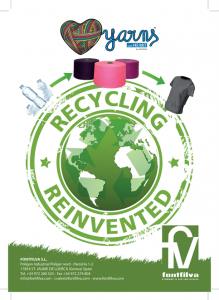
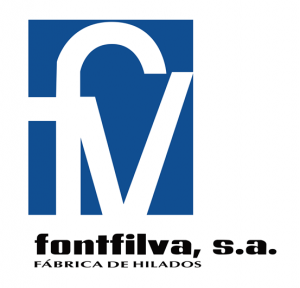
Dcycle x SampLess
Dcycle offers simple, low cost and intelligent sustainability for SMEs. The journey goes from sustainability measurement to the establishment of impact reduction targets, to sustainability communication. They partner with SampLess, the “all-in-one” digital service centre for brands & suppliers that scale the design process in 3D through a digital pipeline implementation. Their objective is to go one step forward in terms of circularity.
By validating through sustainability metrics, the SampLess business model and helping them introduce sustainability in their platform, they help them penetrate the market and increase their number of clients. Hence, they help reduce the dependency on physical samples by up to 75%. The partnership also allows going one step further in terms of eco-design since clients will be able to navigate the platform and take decisions based on sustainability metrics.
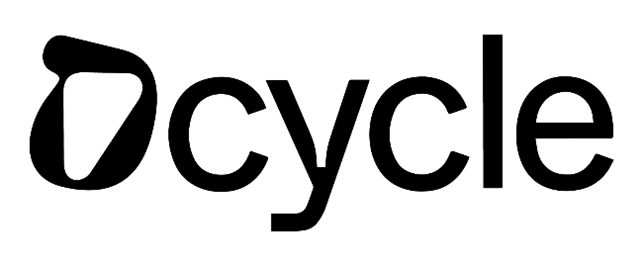
RSF Verification and Community & Ethical Time
Real Sustainable Fashion is a global community of ethical and sustainable brands that are changing the textile industry. A community of environmentally and socially responsible brands committed to the future of fashion.
The services of the community are designed and created in order to help brands to improve their sustainability and circularity aspects (ex. reducing their impact or presenting the most innovative sustainable materials); as well as giving them the knowledge and clues to help them keep on with their brand and succeed. They have access to content, webinars and workshops to help them with everything they need (tips to control the sales funnel and optimise conversion on their website, list of sustainable fashion events, recommendations and actions to reduce their impact, direct actions and suggestions to improve their circular loop and make it as small as possible, etc).
Brands also gain exclusive invitations to networking events and webinars, as well as access to our network of partners with closed deals (National and international shipments; Packaging; Physical stores of Real Sustainable Fashion…). They will also increase their visibility by being published in our social networks and newsletter, and included at ethicaltime.com with a direct link to their website, so final consumers can get to know real sustainable brands in a fast and easy way, reducing the doubt that a consumer may have about if a brand is really sustainable or isn’t.
Moreover, all brands of the community have access to the Real Sustainable Fashion verification, the only verification designed for the brands to go through – by themselves – to ensure that all steps in their production and supply chain have been carried out with decent work, and that they have a minimal or positive impact on the environment. Sustainability and circularity dimensions are considered through the whole verification and studied in all the steps of the value chain.
The Real Sustainable Fashion verification evaluates the brand’s impact in the following 5 areas or categories: Transparency and Traceability / People / Planet / Animals / Leadership, Diversity and Inclusion.
Real Sustainable Fashion verification verifies carefully every single step of the supply and production chain, having a deep look into all the actions and decisions taken by the brand regarding sustainability and circularity. Moreover, when finishing the verification, Ethical Time sends a personalized report to the brand that takes into consideration all the analysis that has been done in each category and all the details of the verification. The brand obtains a final score according to its practices and sustainability level. The report includes recommendations and clear actions that the brand should implement to continue improving their impact, social and environmental sustainability and circularity dimensions: public transparency, prevention principles, impacts reductions, emissions measurement and compensations and circularity aspects, amongst others.
Being part of the Real Sustainable Fashion community means to be part of the movement that will lead the change in the future of fashion.

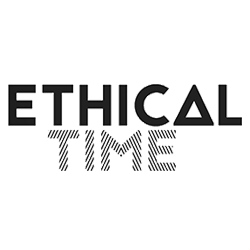
Education and Training
Moda re-
Moda re- is the social initiative promoted by Cáritas Spain. It aims to assist people at risk of exclusion through social and labour insertion. They achieve this by collecting and treating textile waste to improve the environment. The collected clothing is prepared for its subsequent reuse and recycling, a social donation to vulnerable people and sale for charitable and non-profit purposes. They have more than 6,500 containers throughout the country, collecting around 45,000 tons of clothing per year. Representing 41% of the total clothing collected, it makes them the national most relevant operator in the collection and management of textile waste.
As a partner, they work with Vesti Solidale, an Italian non-profit social cooperative specialized in selective waste collection, promoted by Cáritas Ambrosiana, with whom they will share good practices and experiences to increase socio-economic awareness.
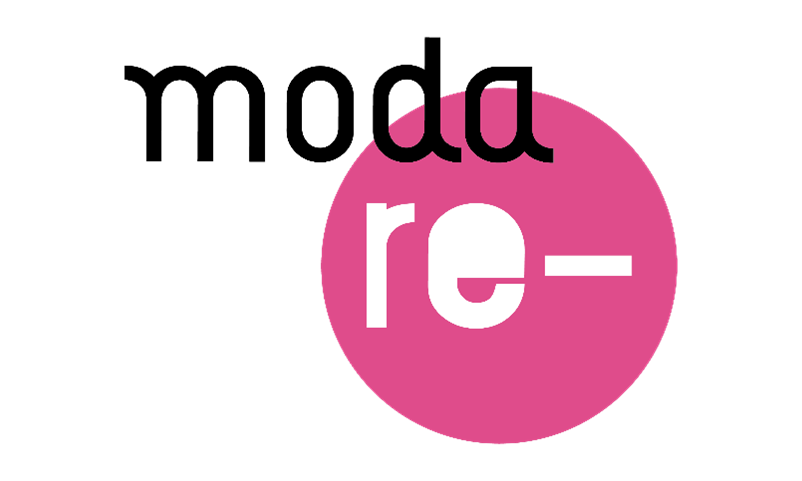

FGC – Fashion Green Campus
“Reintegration thanks to textile making”. This is FGHR’s moto.
Their project consists of providing people remote from employment with specialised training during three months in Roubaix (France), to integrate sustainable and circular clothing companies looking for couturiers, as demand is growing.
The leading SME, Atelier Agile, is a new clothing company doing on-demand production, thanks to the best 4.0 technologies. They produce garments and home textiles near the end consumers, just-in-time (within seven days), using more recycled fabrics. Atelier Agile was initiated by Fashion Green Hub at Plateau Fertile Roubaix.
Sustainable and circular fashion is moving forward!
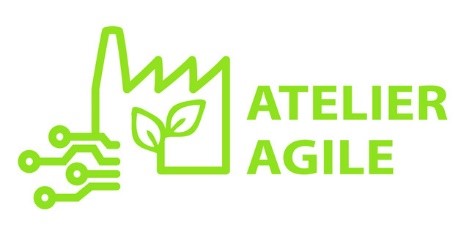

REAWAKEN
Reawaken is a collaborative project developed through a synergy of skills and emotions and a more symbiotic relationship with the customers, who co-participate with textile pieces and stories. It wants to create a verified history of antique textile pieces by following its journey through time and its changes through co-creations and redesign, documenting the transformations with photography and video.
Digging into the details to recover what has been lost, creating a path in the present through the knowledge of the past for future awareness. The garments created or co-created will then become part of a selected wardrobe: the involvement of the person/consumer will be fundamental, becoming the carrier of the value of the product.
Valeria Scoppa, fashion designer, craftswoman and seamstress blends with Lucilla Bellini, photographer and artist, to tell and create a story that goes from the past through the present to generate a sustainable future.
